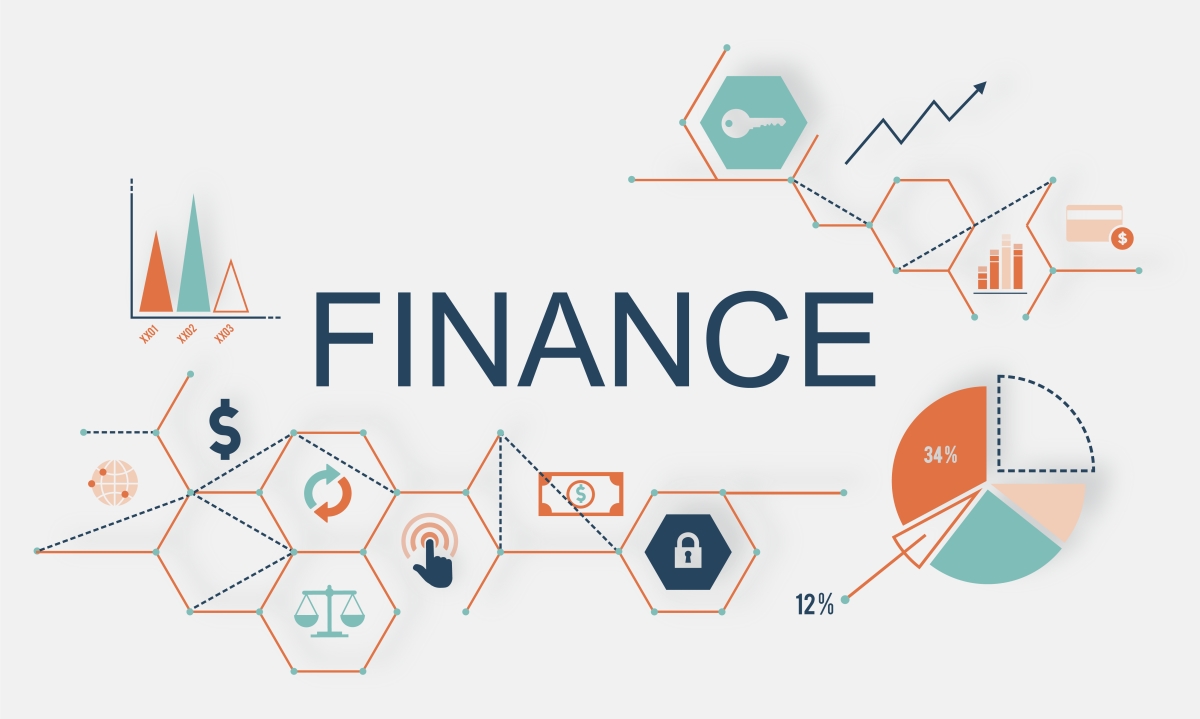Having a fair understanding of financial concepts and executing that knowledge to improve your money management is known as Financial literacy. Growing your financial skills can build a strong foundation of financial literacy and also makes it easier for you to achieve your financial motive. Thus, avoiding major pitfalls that can cause harm to financial wellness.
What does financial literacy include?
Financial literacy includes an understanding of financial components & skills like:
● Budgeting
● Borrowing
● Investing
● Taxation
● Personal financial management
WHY FINANCIAL LITERACY IS NECESSARY?
Having a fair knowledge of financial components in today’s world is vital as it can protect you from personal economic distress by preparing you for specific financial roadblocks. It also helps you make better decisions in everyday facets of life, such as investments, student loans, credit cards, mortgages, and health insurance.
Five Essential Components of Financial Literacy
To help you gain the basic knowledge and understanding of financial components, we have listed below the five main components of financial literacy. These are:
1. THE BASICS OF BUDGETING
To stay on top of your finances creating and maintaining a budget is of utmost importance. Even though, it’s easier to maintain a budget one can find various apps and websites that can help you manage your budget well irrespective of your math skills. The four main components of the budget include: investing, saving, spending, and giving away. Understanding these basic aspects of budget is where a financial novice should begin.
Creating the right balance of these four budget aspects will keep you informed about your money and help you better allocate your income resulting in financial security and prosperity. In general, a budget should be handled in a way that helps you pay off all your existing bills while also saving some money aside for making beneficial investments.
2. UNDERSTANDING INTEREST RATES
Having knowledge about some financial components like interest rates, diversification, price levels, risk mitigation, and indexes can ensure favorable investments. It is important to make smarter financial decisions that may result in an increased inflow of income, such as understanding the interest rate. It will make a huge difference between borrowing a small amount and paying back much more than you need to for years to come.
Understanding the whole concept of interest is very essential in order to gain a better understanding at an early stage and boost your finances.
3. DEBT MANAGEMENT
Almost every individual requires to borrow money at some point in their life. In most cases, debt becomes the biggest challenge for an individual to reach their financial goals. There are various types of debt, including credit cards, short-term payday loans, personal loans, vehicle loans, and other interest-related debt, that can be financially crippling.
To ensure that your borrowing is done effectively, learning the basics of managing debt understanding interest rates, payment periods, compound interest, time value money, and loan structure is crucial. It can help you create a battle plan and reduce long-term financial stress.
4. PRIORITIZING SAVING
Having a sufficient amount of savings can protect you from a financial crisis. It is an imperative aspect that the majority of people don’t prioritize. Learning to save early can help you gain financial skills, practice, and knowledge that can be utilized throughout your entire life.
If you are a beginner you can start working on this concept by saving money for your basic desires and working towards the goal.
5. CREDIT-DEBT CYCLE TRAPS
Building a good credit score is a time-consuming process and losing it is much easier. The majority of people don’t realize how easy it is to ruin their credit and how difficult it to regain it. That’s why having knowledge of debt earlier is crucial. Credit score if managed correctly can be a very useful tool. Having a fair knowledge about the concepts and tools behind credit practices as early on as possible can prevent you from costing throughout.
How important it is to have knowledge about financial components?
To ensure prolonged financial stability, having knowledge about it is more important. The lack of financial literacy can lead to a number of financial problems, such as accumulating unsustainable debt burdens, either through poor spending decisions or a lack of long-term preparation. This, in turn, can lead to poor credit, bankruptcy, housing foreclosure, or other negative consequences.
Benefits of Financial Literacy
Being financially literate brings forth an assortment of benefits that can improve the standard of living for individuals through an increase in financial stability.
Listed below are some of the benefits of being financially literate:
- The ability to make better financial decisions increases
- One can easily and effectively manage their money and debt
- Equipped and skilled to reach financial goals
- Can save money through better regulation and less spending
- Peace of mind as there will be less financial stress and anxiety
- Promotes ethical decision-making while deciding which insurance, loans, investments, to buy and use a credit card
- Helps plan an effective and structured budget



